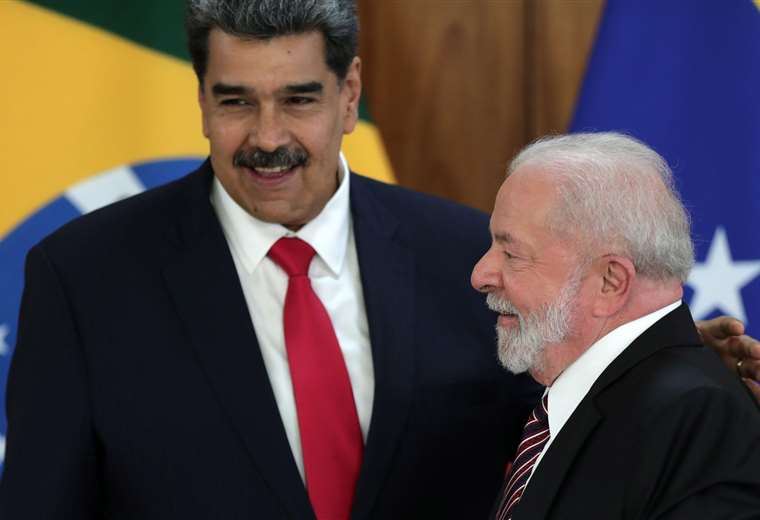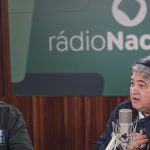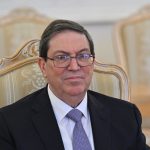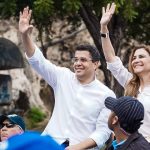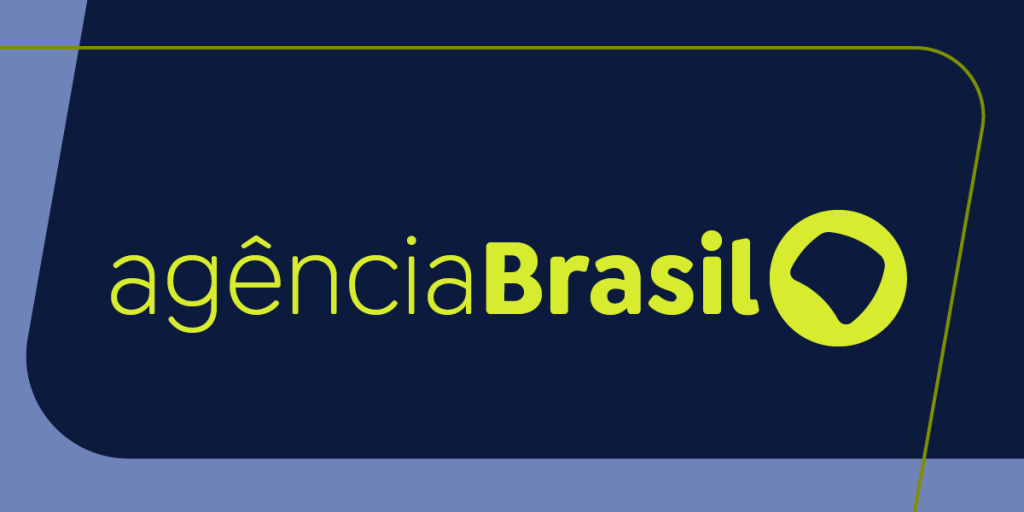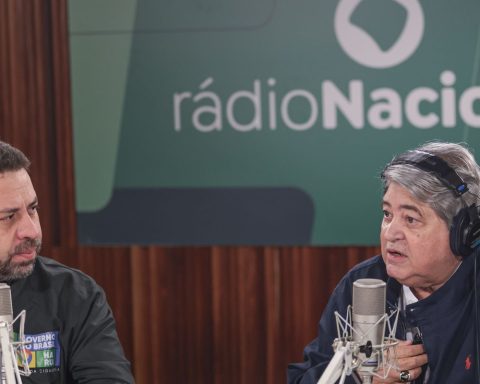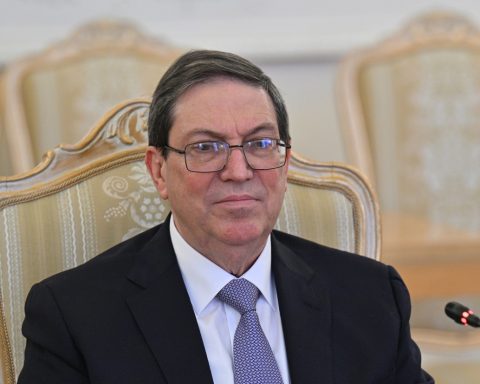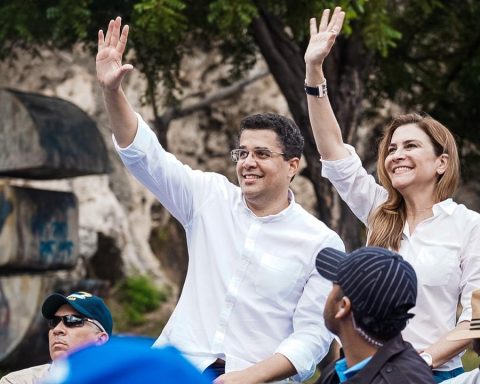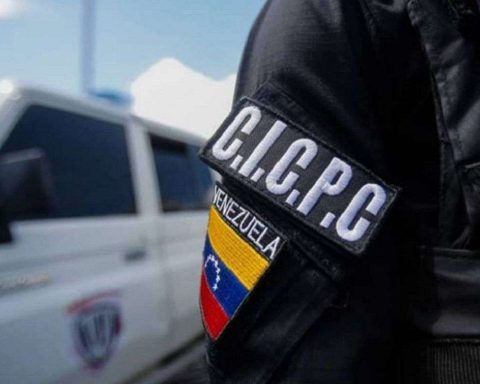July 29, 2024, 11:05 PM
July 29, 2024, 11:05 PM
As international pressure mounts for a transparent and verifiable recount of votes from Sunday’s election in Venezuela, Latin America’s leftist presidents are divided.
On one hand, Gabriel Boric was the first to ask “total transparency of the minutes and the process”after making public his doubts about the result reported by the National Electoral Council (CNE).
Mexico, Brazil and Colombia joined Chile and asked to wait for the final results, while countries such as Bolivia, Nicaragua and Honduras They congratulated Maduro on his “unobjectionable victory.”
Political scientist José Natanson, author of “Venezuela. Essay on Decomposition” (Debate, 2024), analyzes how the “failure of Venezuela” in recent years impacts the left in Latin America.
“There is a nostalgic left who believes that Venezuela is still in the Hugo Chavez era and acts as if that were true,” says the director of Le Monde Diplomatique, in its Southern Cone edition, which looks at the deterioration of Chavismo in the last decade.
While countries such as Brazil, Mexico and Colombia await an “independent audit,” the Venezuelan Foreign Ministry denounced on Monday “interventionist statements and actions” by Argentina, Chile, Costa Rica, Peru, Panama, the Dominican Republic and Uruguay and demanded the “immediate withdrawal” of their diplomatic personnel.
He also ordered the return of Venezuelan representatives in those seven Latin American countries.
José Natanson spoke to BBC Mundo from Buenos Aires about Venezuela.
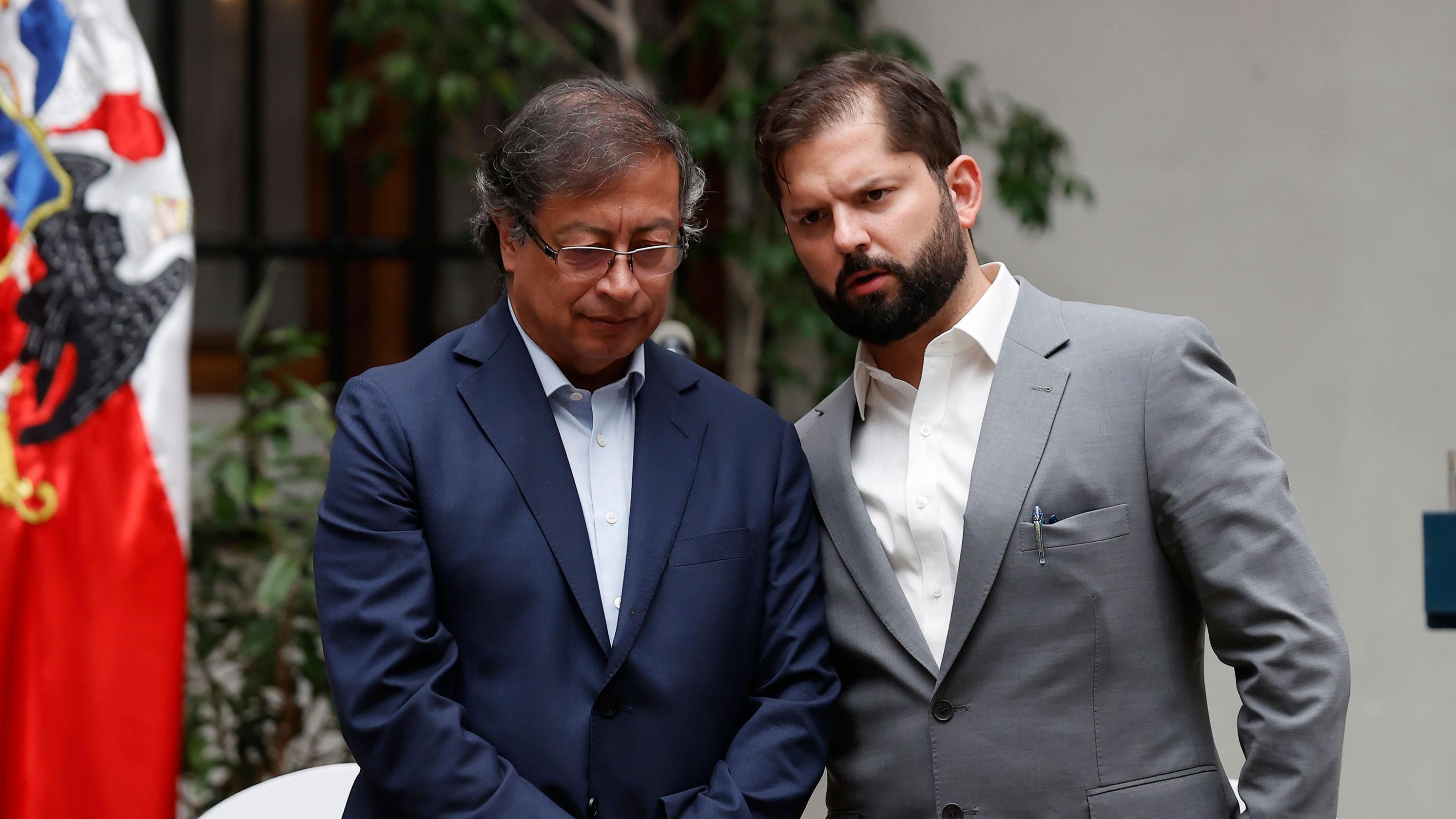

What do you think of the CNE’s announcement of the results in Venezuela?
So far, we have the statement from the head of the CNE saying that Maduro won the elections. For that statement to become a verifiable result, the data disaggregated by table and by voting center are missing.
For an election to be democratic, not only must the results be public, they must also be verifiable.
So far, that data is not available. The results are not verifiable because we do not have access to the disaggregated data that would allow the opposition’s polling station witnesses to verify whether the same result that the CNE is reporting occurred at polling station X, at school X.
For this reason, suspicions of fraud are well-founded. I would not say that there was fraud, nor that the results announced are true; neither of the two options can be confirmed until we have the data.
Previously, distrust in the electoral system was not focused on the counting of votes, but on what happened before and after the election. But this time, the opposition’s main suspicions focused on the counting. What happened?
Until now, Chavismo had committed many irregularities, from the most banal to the most serious, but it had never stolen a national election during the vote count.
He had disqualified candidates, prevented them from travelling by plane, we saw political arrests and he even went so far as to close the hotel where opposition candidates were staying.
But this time, if the suspicions of fraud are confirmed – which are not my suspicions, they are suspicions expressed by some leaders – Chavismo crossed a line that it had not crossed until now.
They are not here yet, so we have to be cautious.
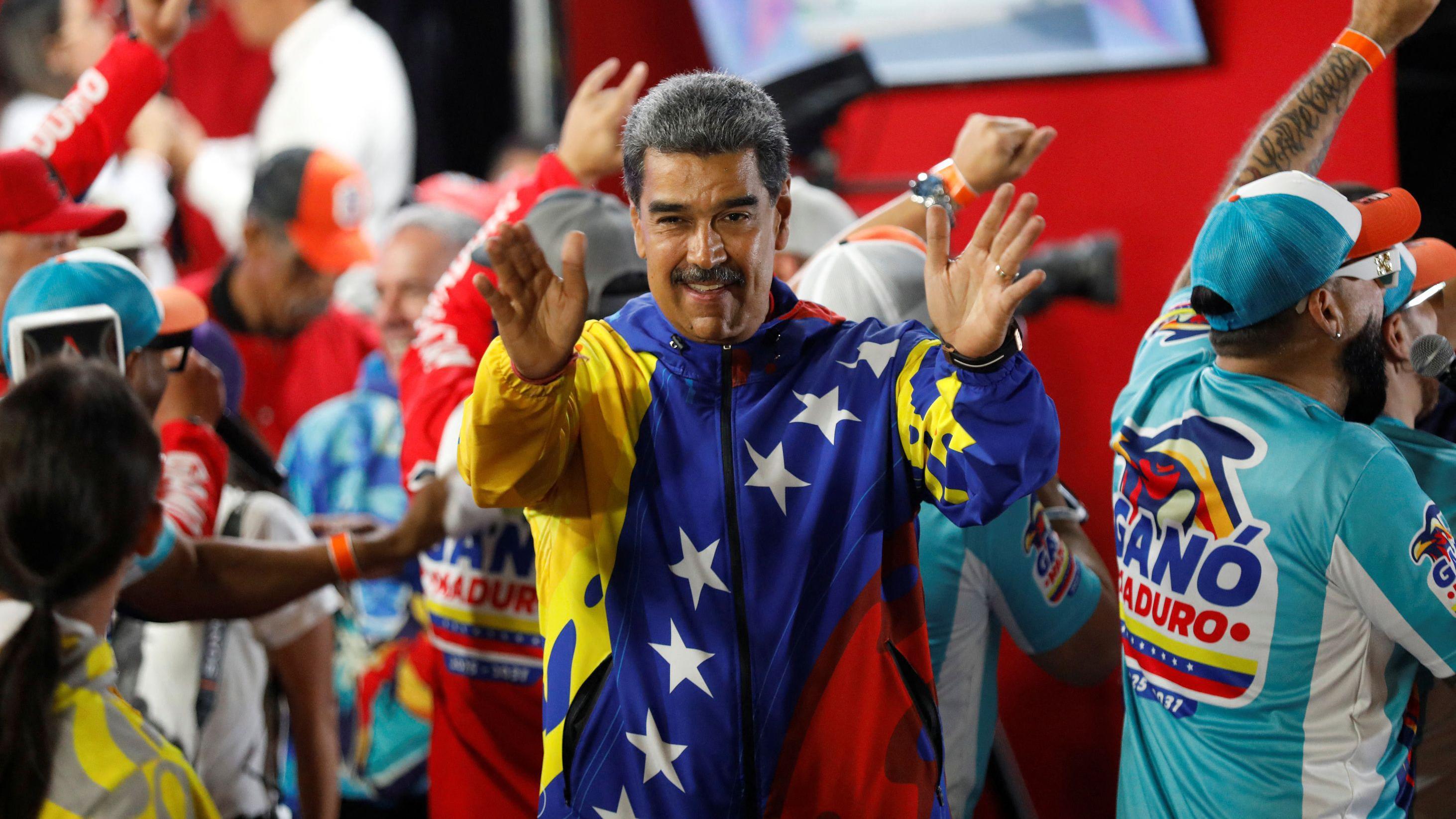
In your book, you define the government of Nicolás Maduro as a “chaotic authoritarianism.” Could you clarify this definition?
The process of authoritarian change in Venezuela was not a process designed based on a revolutionary roadmap, nor a nationalist one, nor of any other kind. It is not like the Soviet or Chinese process.
In Venezuela, it happened through an accumulation of tactical decisions that have led to chaotic authoritarianism.
At least until now, Venezuela was not a dictatorship in the classical sense.
In Venezuela, the opposition has not been completely eliminated as in Cuba. There are three opposition governors and more than 100 opposition mayors who govern, for better or worse.
Venezuela does not have an institutionalized single-party system like the Soviet, Chinese or Cuban ones. But it is not a pluralistic and republican liberal democracy either, for all we know.
That is why I believe that the country moves through this grey area, where there are moments when it opens, moments when it closes, moments when it becomes more authoritarian, moments when it becomes less authoritarian.
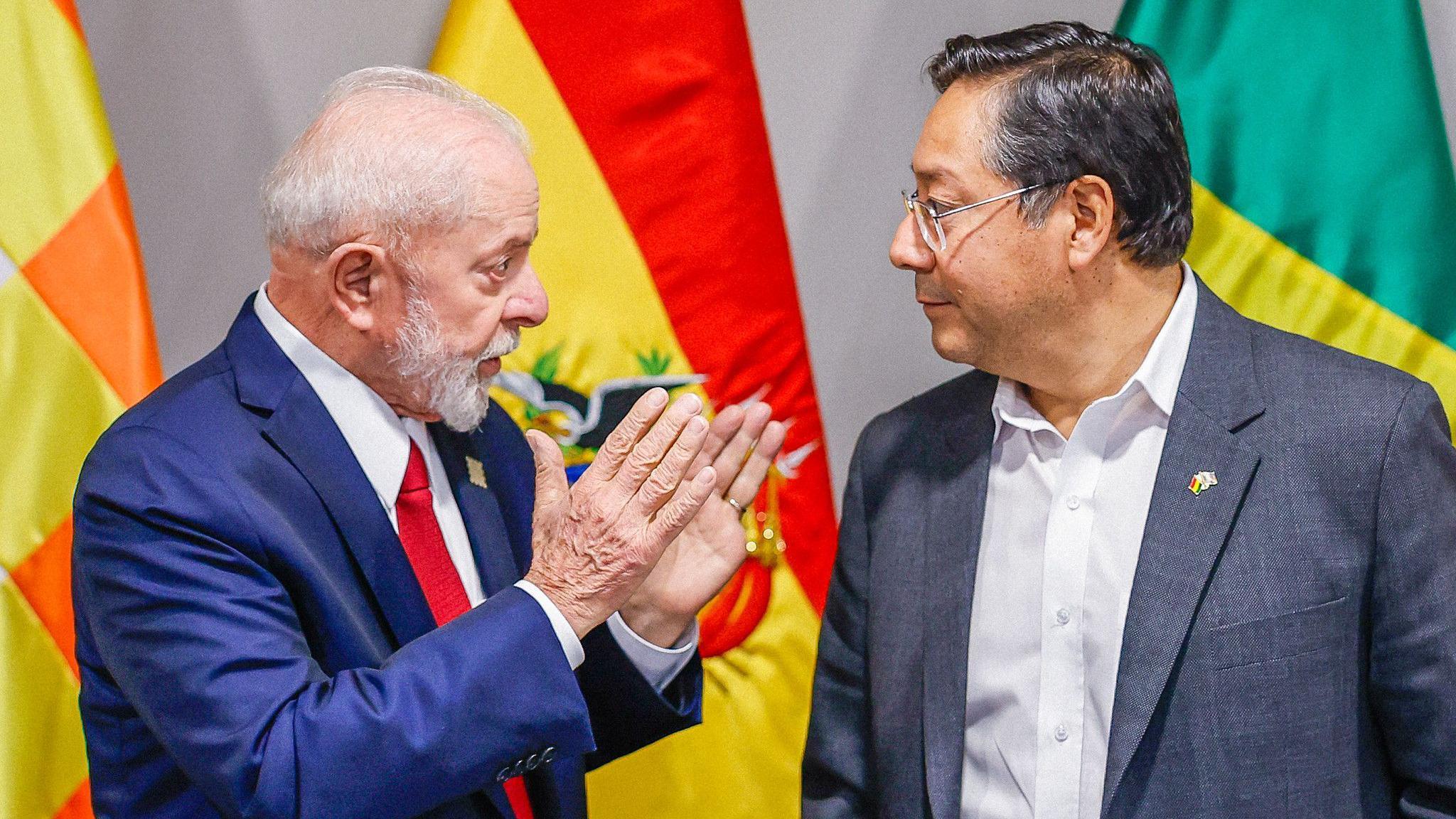
Could Venezuela move to a one-party system like Cuba?
I don’t think so, because Venezuelan society is a society that enjoyed a full and prosperous democracy for decades and would not tolerate a one-party system like that of Cuba.
Furthermore, Venezuela must continue to give the image – at least in appearance – of being a republican democracy, because this way it maintains some international alliances.
I think that’s why they created this hybrid system that is so opaque and not very explicit.
Maduro’s main allies, such as Russia, China, Cuba or Nicaragua, are not going to demand that the country be a republican democracy, because they are not, but other Latin American countries and business sectors can do so.
Given this scenario of uncertainty, is there a risk of internal fracture?
The Armed Forces are so intertwined with the government that it is very difficult to imagine a vertical breakup of the military.
There may be dissidents – in fact there are more than 100 soldiers detained in Helicoide because they tried to rebel – but we do not see a massive split within the government, because everyone is involved in this.
How do you see the reaction of the Latin American left?
The left in the region is divided, it does not know what to do with this indecipherable creature that is Chavismo.
There is a nostalgic left that believes that Venezuela is still in the Chávez era and acts as if that were true.
It is a more emotional left, one could say thoughtless, but I do not want to disqualify. I can understand that figures like Evo Morales feel grateful to Chavismo.
There is also the case of Cuba and Nicaragua, which are authoritarian regimes, which may know what happened with the elections, but which do not care about the democratic nature and which need Venezuela.
On the other hand, there are the new leaders of the Latin American left, such as Gabriel Boric and Gustavo Petro, who recognize that what is happening in Venezuela is different from the first years of Chávez.
And I think that Lula da Silva, Pepe Mujica and Andrés Manuel López Obrador understood this after some back and forth.
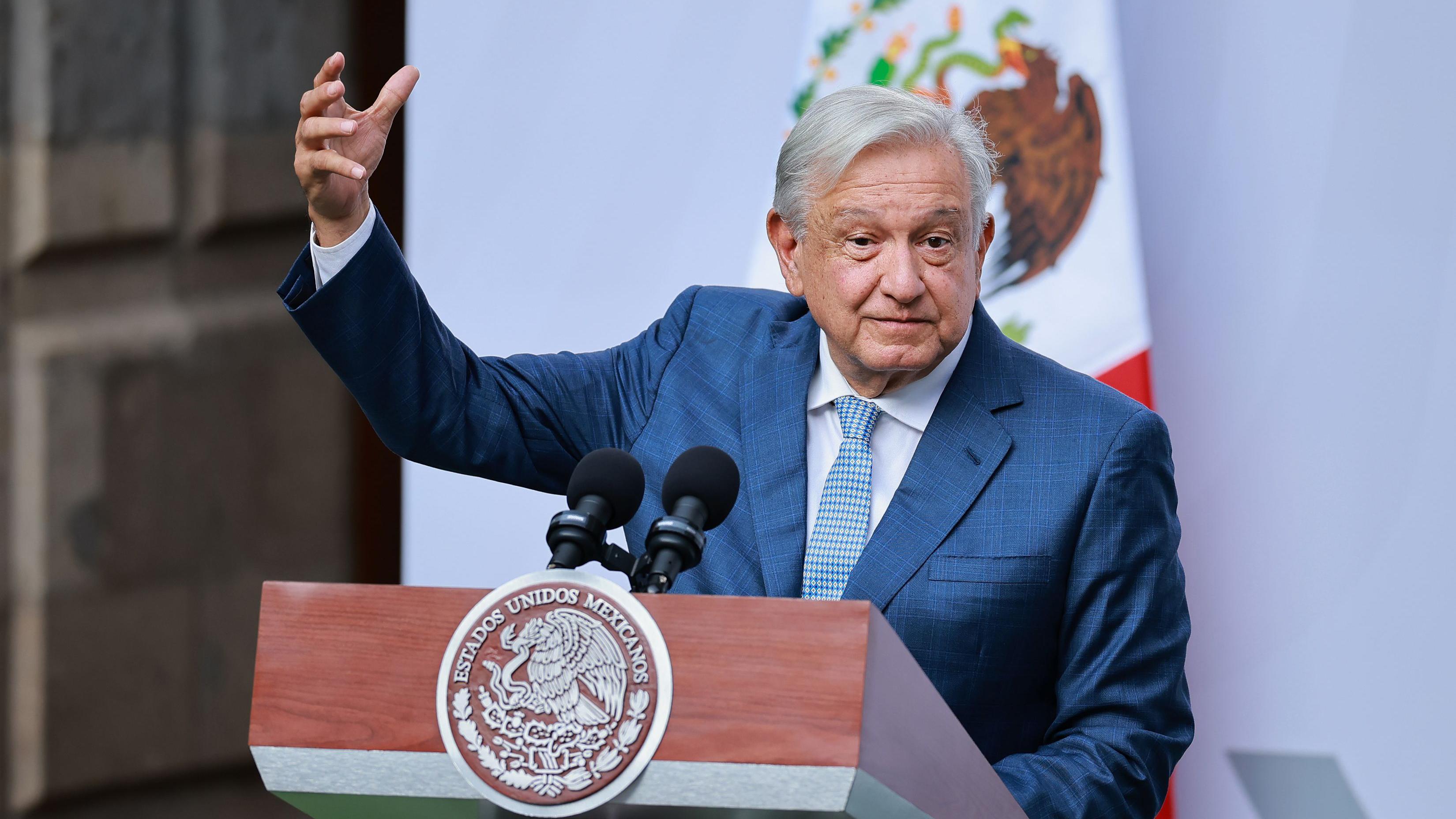
How do you analyze the statements of the President of Chile?
Boric is one of the new leaders of the Latin American left. He was the one who, before all this, said that if there are human rights violations in Afghanistan, Saudi Arabia or Venezuela, they are all human rights violations, period.
It is no coincidence that it was [la expresidenta de Chile] Michelle Bachelet, the author of the first report documenting human rights violations in Venezuela, is unsuspected and belongs to the right. Boric is healthily influenced by that view.
I am also interested in Lula’s thunderous silence and López Obrador’s caution.
Brazil sent Celso Amorim to Caracas after meeting with Jake Sullivan in the US and Maduro rebuking Lula for his criticism of the Venezuelan president’s threats of a “bloodbath.” How do you see Brazil’s role?
Lula has always been very pragmatic. I think his role in Venezuela’s electoral process remains constructive.
What Lula says is important for Venezuela because, in addition to being the president of Brazil, no one on the left is going to accuse Lula of not being left-wing.
Lula will do everything possible to ensure that the Venezuelan process develops peacefully and that the results are known.
What capacity does the international community have to influence what is happening?
The ability of Brazil and the United States to influence the internal situation in Venezuela today is very limited.
If they couldn’t defeat Maduro in 2017, with Trump’s sanctions, with the Lima Group, with the almost total international isolation to which Venezuela was subjected, now that Venezuela has recovered oil production, that it has already put together and reformed its system of alliances with China, Russia, Turkey, Iran, Cuba, I don’t think much will happen.
It is not that it will be free, but I do not see the extent of international pressure to distort the Venezuelan process, if there is no will on Maduro’s part to do something else.
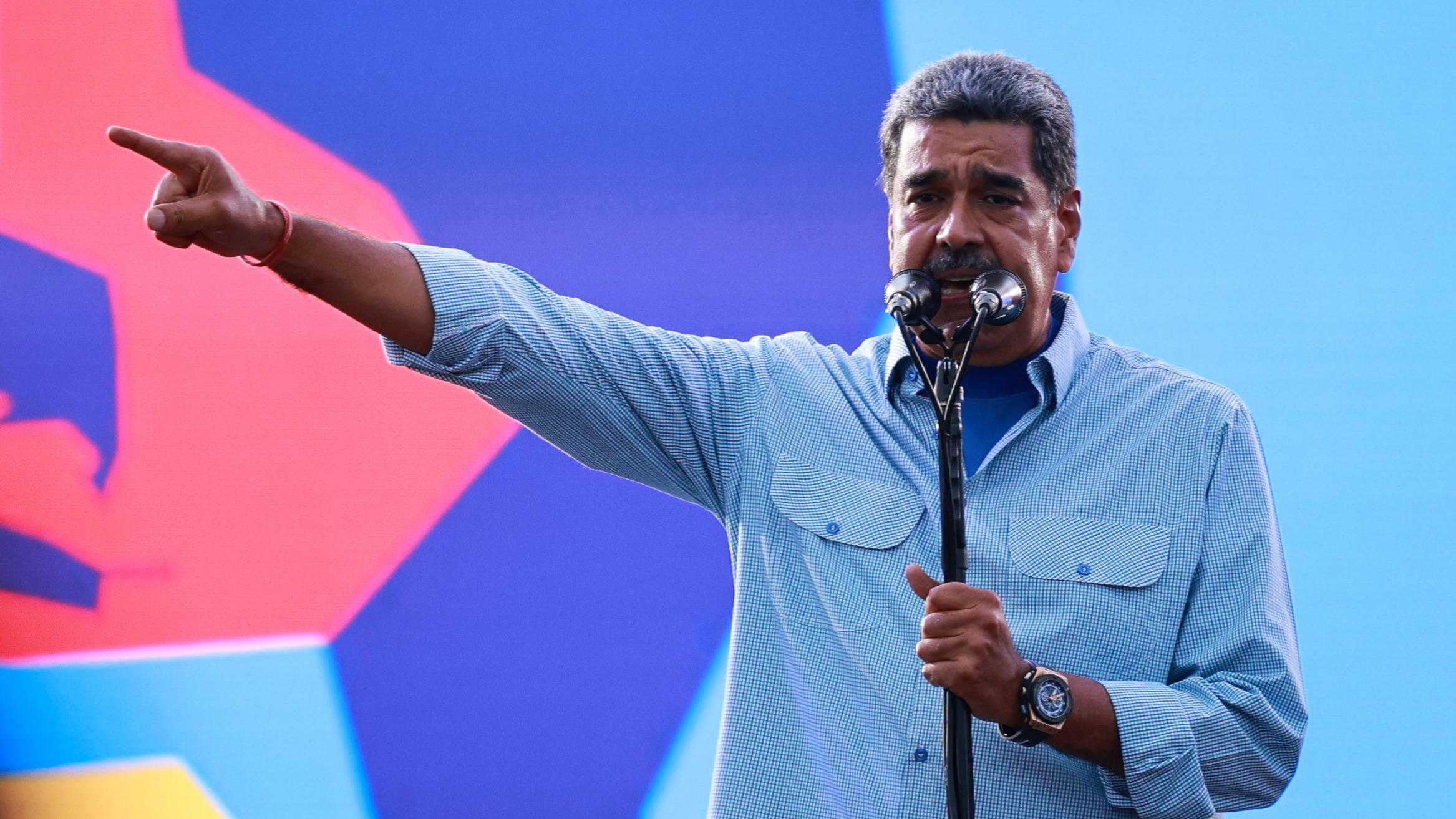
Following Maduro’s victory declared by the CNE and rejected by the opposition, what scenarios are opening up in the short term?
First, we have to wait for the National Electoral Council to publish the disaggregated results and then we have to wait for the opposition to have the minutes to prove that these disaggregated results are not those that appear in the minutes.
Those two things have to happen.
If that doesn’t happen, we’ll end up with a typical process that usually happens in Venezuela, which is this situation where we don’t know what is happening or what happened. It’s typical because Chavismo plays a lot with ambiguity.
Since Maduro took office in 2013, ambiguity has become a strategy to gain time. What is not clear is why. Is it just to stay in power?
I think that not having made the results public is in line with that. If what they did was to distort the results, what they are doing now is to wait, talk to Lula, negotiate, possibly talk to the United States and see the internal reactions.
The objective is as simple as staying in power, because the cost of leaving for Maduro is very high, no matter how much security he has with control of the Assembly, control of the Supreme Court of Justice, control of the Armed Forces… it is very high.
For me, there was always something strange about this idea that things were going to be different now, this belief that Maduro would eventually lose the election, accept defeat and leave power peacefully.
We will have to wait for the results.

And remember that you can receive notifications in our app. Download the latest version and activate them.
